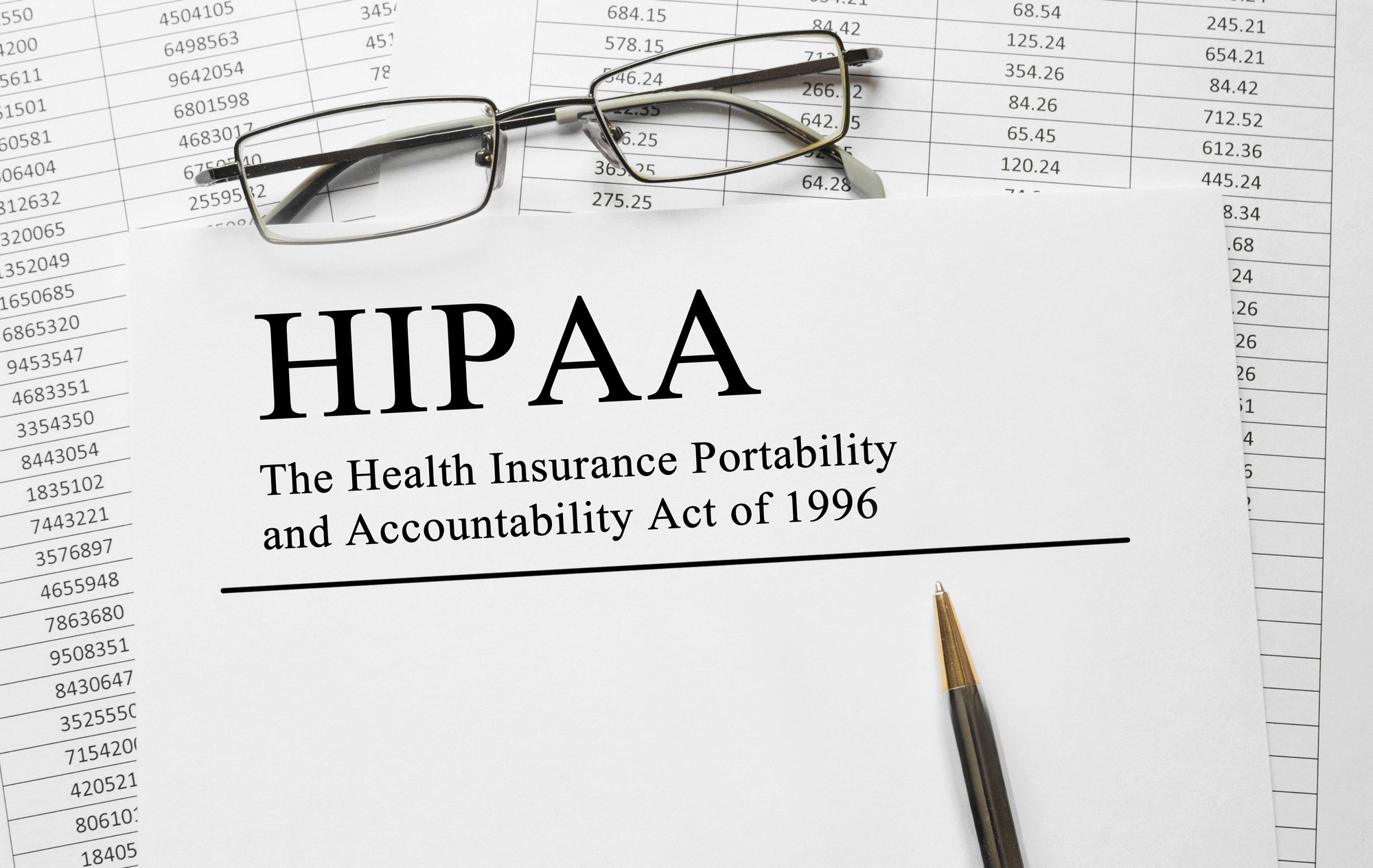The Health Insurance Portability and Accountability Act (HIPAA) of 1996 helps protect private information. For patients, it’s reassurance their data won’t be leaked to hackers.
For healthcare providers, HIPAA provides a standard for keeping information safe. Your team needs HIPAA certification in order to remain compliant with government regulations.
Here are 5 facts you need to know about HIPAA certification.
1. HIPAA Certification is Not for Businesses
HIPAA certification is a series of tests that means you understand the most current regulations related to compliance. Most people who undergo HIPAA certification work for an organization that has to follow compliance rules on a regular basis.
HIPAA certification is not for companies. It’s for individuals.
You learn information that you can later apply in your individual role within a company when you become certified. Doctors and administrators benefit from HIPAA compliance to help drive the operations of the practice.
A major benefit of HIPAA certification is for individuals and not businesses is that it gives individuals a competitive edge. When you change jobs, you won’t have to worry that your training isn’t relevant.
You can take your HIPAA certification with you from place to place.
2. HIPAA Certification Isn’t Regulated
It’s important to have someone overseeing how training programs are run when it comes to something as sensitive as patient data. With so many high profile data breaches in recent years, hackers understand just how simple it is to penetrate even the most secure servers on the planet.
The government doesn’t have a centralized HIPAA certification center that oversees all training. This is an advantage and a disadvantage for anyone looking to become HIPAA certified.
On one hand, you don’t have to worry about the government forcing you into programs that might not fit your needs. But on the other hand, you won’t be sure the organization offering certification has the credentials it needs in order to provide you with the most up to date information.
There are resources in place to help you at HHS.gov. Check these regularly for updates if you’re planning to attend the certification process in the near future.
3. HIPAA is a Moving Target
One of the main reasons HHS won’t endorse a specific HIPAA certification program is because the information needed to remain compliant constantly changes. Today’s regulations can quickly become yesterday’s news. Know what is hipaa certification and what isn’t.
The Department of Health and Human Services doesn’t want to back itself into a corner by having to constantly monitor updates to the certification process. It would require resources that put a strain on the organization.
If you’re looking for a HIPAA certification company, make sure you choose a vendor you trust. You want an organization that’s taking all the precautions to stay on top of changes to regulations so there are no issues.
Your claim to be HIPAA certified after taking their course means you’re assuring an organization you have what it takes to make compliance decisions. This is a tall order given the constant changes in technology in the medical field.
4. HIPAA Certification Isn’t Permanent
The way an organization manages technology, internal operations, or staff changes can alter its HIPAA certification. Sometimes the company’s decision to change its priorities makes it no longer a candidate for certification.
It’s important to keep your team’s operational decisions in alignment with HIPAA certification to keep it valid over the years. You want to get the most out of each person’s certification for as long as possible.
In most cases, this certification should remain valid as long as the rules and regulations remain intact. Expect to renew your certification the moment new laws are released.
5. Apps Can’t Be Certified
Mobile apps and software can’t be HIPAA certified. This doesn’t mean the people building the app can’t be certified.
But under the definition of HIPAA compliance, it doesn’t include options for the software. Beware of false marketing claims of HIPAA certification by software companies.
You might feel you’re getting a better deal by enlisting the support of organizations who’ve undergone extensive training to keep patient data safe. But claims that they are certified are a red flag.
A digital platform can follow HIPAA compliance rules without claiming to be certified. The claim that they are certified means they haven’t done their research into what being certified really means.
This isn’t the company you should trust to manage patient information because they’ve shown they don’t do their due diligence. If they haven’t done their research when it comes to defining certification, what else have they skipped over?
Your patient information is at risk with any software whose developers aren’t careful in making sure the servers are secure. Hackers are constantly looking for chinks in the armor of an organization to gain access to sensitive information.
When your organization gets audited, you can’t simply blame the software for the data breach. The fines that come from noncompliance belong to your organization alone.
HIPAA Certification Cost
HIPAA certification is one of those credentials that should be measured in what it costs to not have it. Even if you can’t use it as a marketing tool, you get a wide range of educational resources when pursuing a HIPAA certification.
These resources put you in a state of mind that supports ongoing compliance and patient protection. Once you’re in a similar mindset as HHS, you can’t expect to anticipate changes in regulations before they happen.
For more information and tips, visit our blog for updates.
